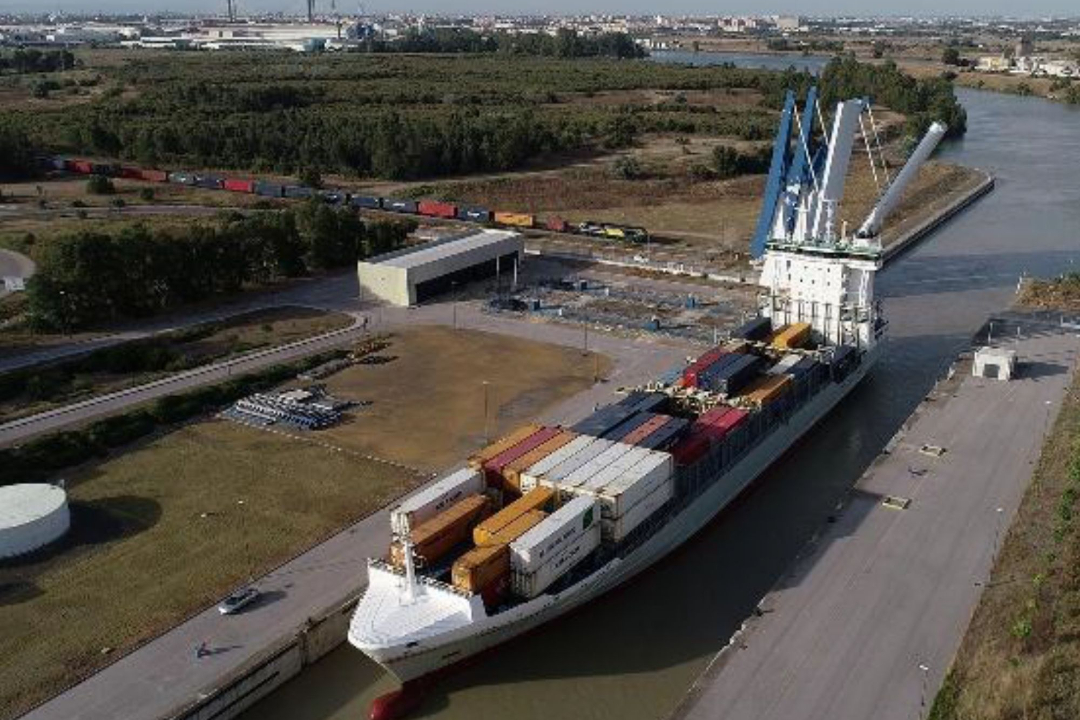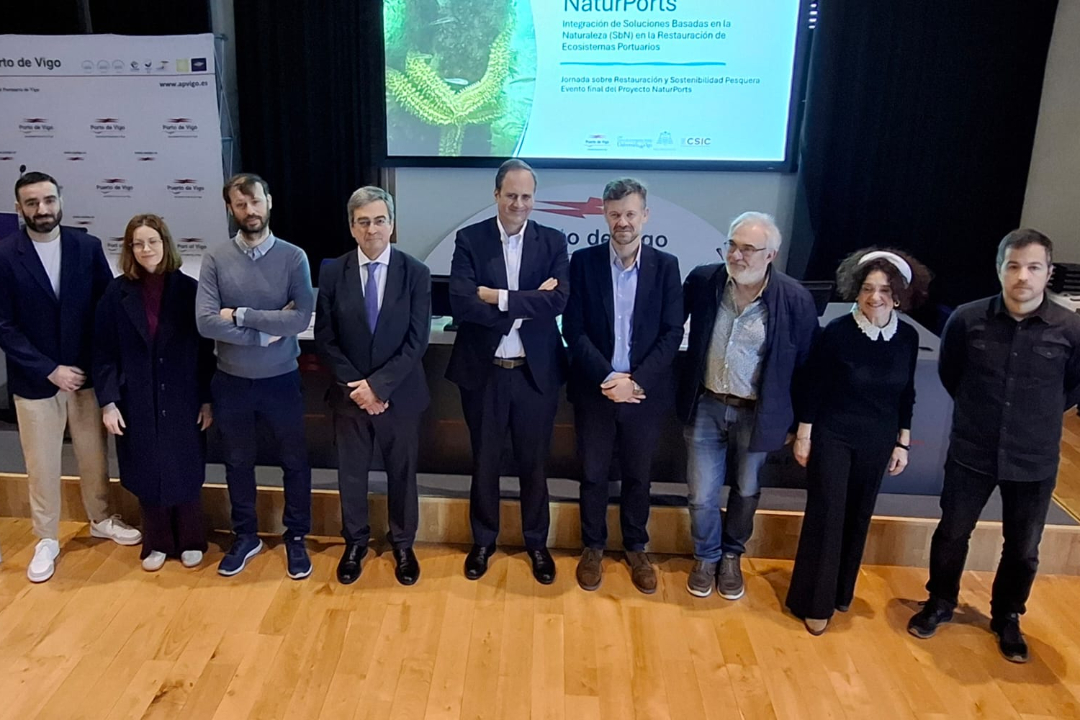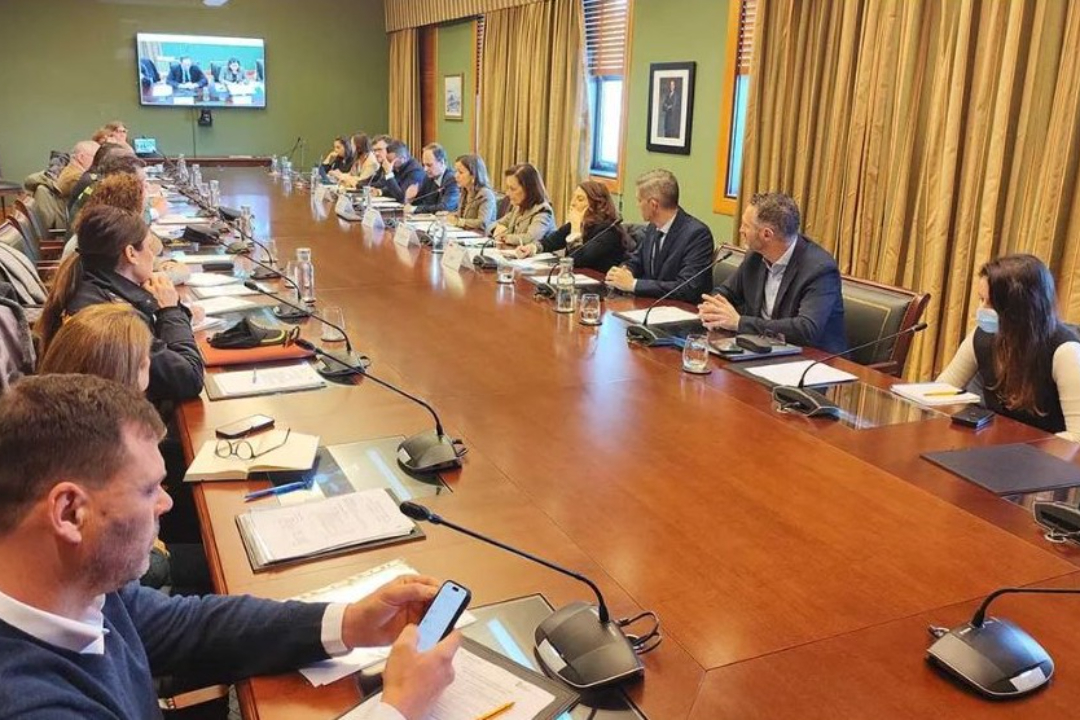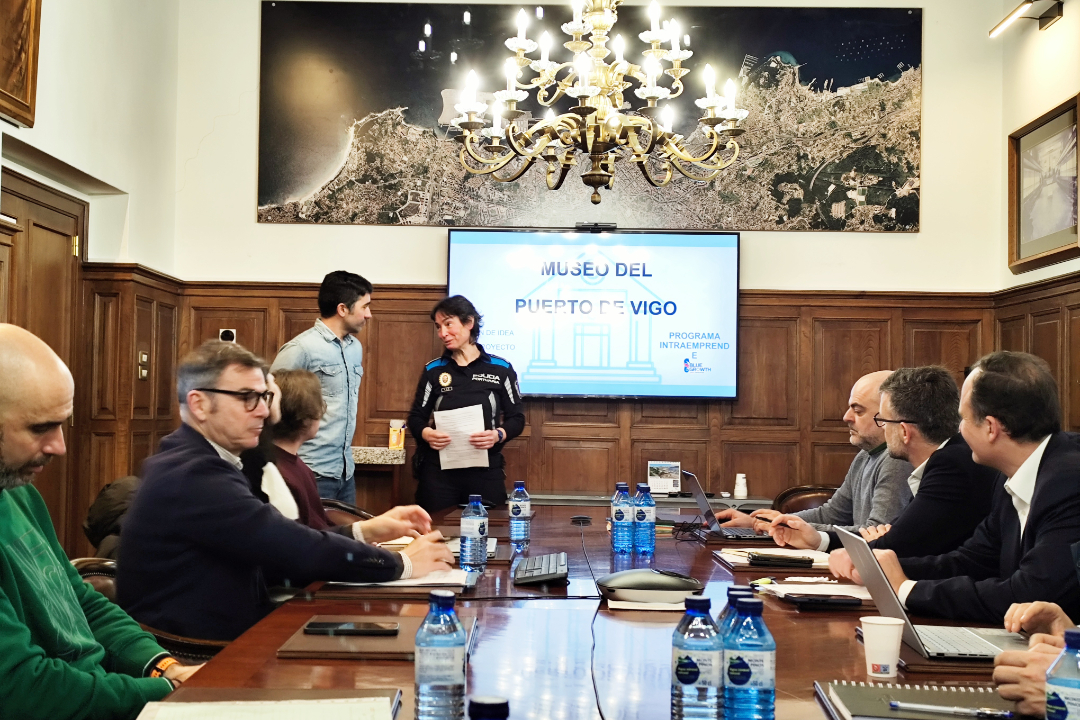Green hydrogen in the Atlantic Area ports - On track for development of ports action plans and decision-making tool
Sep 16, 2025, 6:00:00 PM

The HYDEA
project, which is funded by the Interreg Atlantic Area 2021-2027 programme, was
set up to boost the hydrogen transition in the Atlantic Area ports. During the
second year of the project, the 10 members of the consortium committed into
structuring methods that will enable the development of valuable tools such as
action plans for ports and a decision-making tool based on real case studies.
HYDEA partners have also launched three calls to provide access to their
experimental facilities and expertise to support the development and testing of
pre-commercial, innovative technologies.
Building
with collective intelligence
HYDEA
Community is intended to be an across borders forum for all hydrogen
stakeholders. Throughout 2024, the Community has made significant progress in
structuring and dynamizing the seven focus groups, consolidating itself as a
transnational space for the exchange of knowledge and the promotion of hydrogen
in the ports of the Atlantic Area. Indeed, the focus groups are working right
now on specific hydrogen topics: production, storage and distribution,
transport and infrastructure, industrial uses, marine mobility, other uses, and
strategy in ports. The implementation of these focus groups will allow for the
collection of expert knowledge, the generation of strategic recommendations and
the identification of concrete collaboration opportunities, consolidating the
impact of the project.
Know more:
Deliverable D3.1.1a
Guidelines
to create realistic ports action plans
The first
step was to provide a structured approach for HYDEA partners to create hydrogen
action plans to their ports. Recognising that ports respond to external
policies and market demands rather than initiate major energy transitions, the
focus is placed on enabling port users to adopt hydrogen-based solutions. The
guidelines begin with identifying and involving key port users, understanding
their energy use, operational needs, and decarbonisation pressures. The next
step is to determine where hydrogen can be effectively applied by evaluating
technical feasibility, cost, and stakeholder interest. These findings are used
to define clear, practical actions supported by appropriate infrastructure,
partnerships, and timelines. The final step outlines how to monitor
implementation through key performance indicators, and regular reporting. By
following this method, HYDEA partners will create realistic, time-bound, and
user-oriented action plans that support investment, align with policy signals,
and accelerate the decarbonisation across the Atlantic Area.
Know more:
Deliverable D3.3.1
First step
towards a decision support tool
Being the
main objective of HYDEA to boost the hydrogen transition in the Atlantic Area
ports, the project is tasked to develop a decision support tool for hydrogen
applications in ports. This tool will ultimately support future decision-making
and the evaluation of individual hydrogen technologies in different scenarios.
It will be developed using data and conclusions gathered from the technical,
economic, environmental and societal assessment of different case studies in
the Atlantic Area. A framework was first defined to provide a standardized
structure that ensures all critical topics are addressed in the case studies.
Ultimately, the information gathered will feed the decision support tool.
More
information: Deliverable 5.1.1
Supporting
the development of hydrogen-based technologies
While there
are already proven hydrogen-based technologies that primarily require
adaptation to specific installation site conditions, new concepts are
constantly being developed by academic researchers, industry professionals, and
entrepreneurs. However, many of these innovators face a lack of resources to
implement their ideas. Throughout the project, HYDEA consortium is launching
three successive calls to provide access to the partners’ experimental
facilities and expertise to support the development and testing of
pre-commercial, innovative technologies. The selection process involves a
thorough review and evaluation by an independent selection panel comprising
experts in the project’s core focus areas as well as a board of the HYDEA
project representatives. The selection criteria include scientific merit,
technological feasibility, and market potential, with priority given to
solutions that can be integrated into port environments. The schedule is as
follows: call n°1 - application from May to July 2025, call n°2 - application
from September to November 2025, and call n°3 - application from January to
March 2026.
More information: Calls for applicants
Related projects


